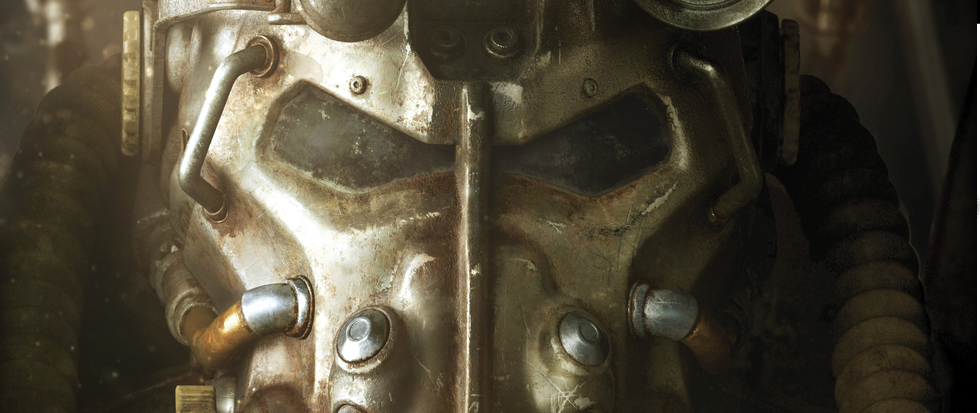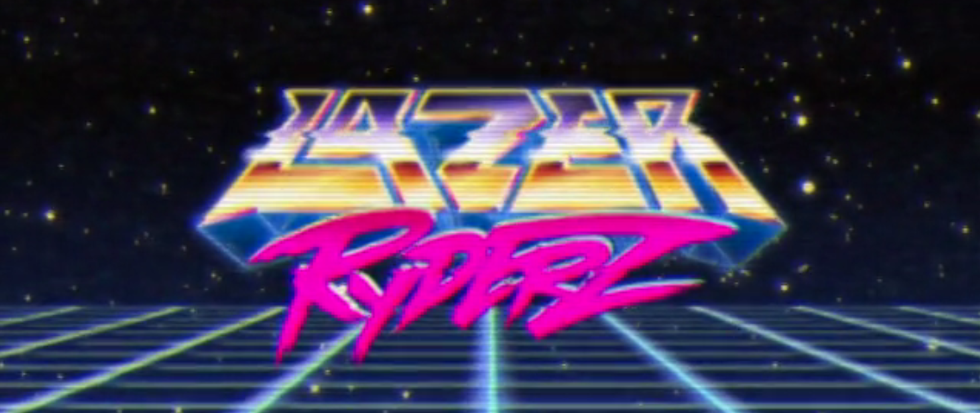
Cardboard Fallout is Worth its Weight in Caps
Many board games have been attempting to split the difference between Monopoly and narrative-based role-playing games, fusing story and agency without a machine to shuffle the stats or manage the plot and non-player characters. This result in a range of experiences, from a Choose Your Own Adventure slog with occasional math to an over-reliance on the magic of individual imagination. The Pathfinder Adventure Card Game, when it was first released, offered a solo experience that for me was comprised of mentally justifying why obviously random groups of monsters would be chilling at the docks together as I mechanically and methodically made my way through each dungeon. Legacy-tagged games do a fantastic job of adding stakes, story beats, consequences based on success or failure, and motivations for cross-player interactions, but a few titles have failed to deliver on their similarly grandiose aspirations (sending a teary glance at Netrunner: Terminal Directive).
Before I gave the new Fantasy Flight Games-developed Fallout board game a few demo rounds in the den of madness that was PAX Unplugged, I wasn’t sure what to expect. I counted on FFG to do more than a wasteland-skinned Candyland remake, but at the same time, could the multi-branching hero/villain narrative of the beloved post-nuclear-war pulp be captured in cardboard and molded minis? Had FFG bitten off too much molerat-meat in a craven attempt at a cross-branding cash grab? Could they tap into the same vein that Pandemic and Risk: Legacy have so successfully mined without over or under-extending?
My playthrough, noisily brief as it was, put most of these fears to rest and cast me as a believer, ready to toss down my hard-earned caps for a copy. This Bethesda-blessed 1-4 player tabletop interpretation of Fallout 4 comes complete, offering overarching goals and intermediate quests and events that shape how each investigation and enemy engagement plays out. As each player makes their way through the wasteland, they expand the available deck of events, causing consequences that they or their fellow players must contend with as they continue through. This creates an evolving narrative scaffold rather than simply a checklist, giving each player interesting decisions to make throughout their turn. But at the same time they aren’t bogged down, forcing them into tough calls that may not always be optimal but aren’t strictly held to chance’s catastrophic whims either.
Each player is racing through the wasteland in an attempt to solve their a group concern. Often they are at odds, but at many points they are encouraged to work together as well. A character can become vilified, the equivalent of earning bad karma in the earlier games, which gave me incentive to play a little more mean and aggressive than I might otherwise have done. Doing so popped some new cards into the Events deck, wherein one of my co-players had a run-in with a group looking for me and he had the option to point out me or someone else (he ratted me out but I swatted those suckers away). Later though some of us got blindsided and taken down, though this didn’t result in a wash of all our hard work—one can only truly die by radiation in this version of Fallout, where if you fall in battle you lose your unequipped items and return to the starting position of the hex-tile map.
The experience system in this game cycles through the letters S.P.E.C.I.A.L. in your Pip-Boy, and as you gain levels it takes more experience to grow further. These same letters determine which weapons and items you can use, combining a limited number of currencies across many systems. This simplifies the variety of tokens and whatnot to keep track of while spreading the complexity around. It’s a system both easy to learn and manage that reveals more layers as you progress, with a touch of randomness to maintain a sense of surprise throughout. As such, no two playthroughs need be boringly similar, with multiple character options further adding to the chooseable adventures and crafting quite the tabletop Fallout facsimile.
Quests and events are revealed through cards that are brimming with the irreverence Fallout is beloved for as well. Having at least one other player helps in this regard, so they can read cards out loud to you without potentially spoiling the results of your choices, and keeping all players somewhat engaged even with it isn’t their turn. And there’s a few easter eggs, FFG-adjacent and otherwise, so you’re spinning through the story that’s built as each player explores and laughs through the pain of post-apocalyptic living.
This sort of video-to-board game licensing is often phoned in, and one would be excused for expecting the same here. The Fallout board game trekked the dusty rad-poisoned mile to really shine on those aspects that really set the videogames apart: lurid violence, satirical commentary on our space-age naivety, and a vigorous ruleset that’s easy to suss out but still offers compelling decisions. We are working with FFG here, so there’s clearly room for expansions as well, but it doesn’t feel crass. The core Fallout set is robust enough for a dozen or more hours of exploration through the main narratives more than once, and is potentially fun enough to romp through again with different players. These days I think about the collapse of civilization quite a lot, but this version of Fallout carries the series’s radioactive torch of wasteland fun, giving me hope and perhaps some good ideas for surviving the aftermath.





